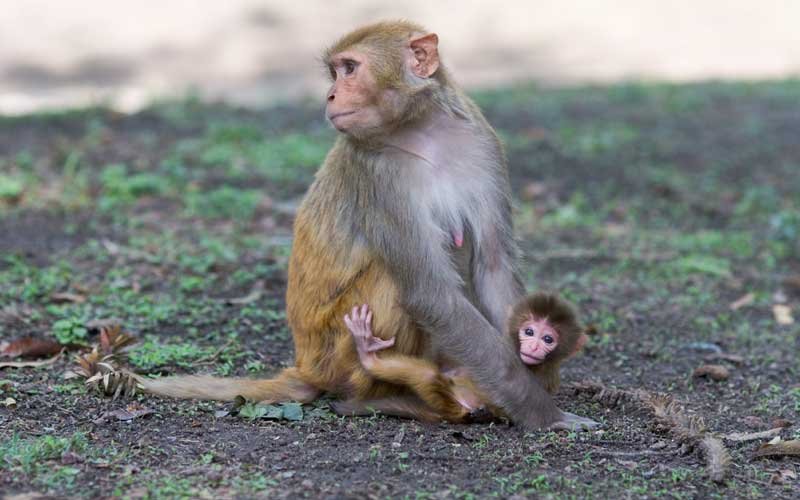Researchers have been left empty-handed so far in their quest to uncover some measurable biological signal that could be used to diagnose autism spectrum disorder, leaving clinicians to identify the condition just based on a child’s behavior.
But on [May 2] scientists reported in the journal Science Translational Medicine that a hormone that regulates blood pressure could be one of those signposts.
They found that low concentrations of the molecule—called arginine vasopressin, or AVP—in the cerebrospinal fluid corresponded to autism-like social behavior in male monkeys, while a high AVP concentration signaled the most social animals. And they discovered similar results when looking at AVP concentrations in the cerebrospinal fluid, or CSF, of a small group of boys.
“It’s really exciting work,” said Dr. Mollie Meffert, a molecular neuroscientist at Johns Hopkins, who was not involved in the study. “One of the most interesting things is the finding that the vasopressin in the CSF correlates with sociality in the macaques and in autism with children.”
…
Autism is diagnosed based on social and communication deficits and repetitive behaviors like hand-flapping or obsessions.
A biological diagnostic test for autism is so important, researchers say, because the earlier children start therapeutic interventions, the better the results. Without a medical test, children are typically diagnosed around age 4 1/2, based on their behavior or a lag in their development.
Read full, original post: In monkeys, researchers find possible biological marker of autism































